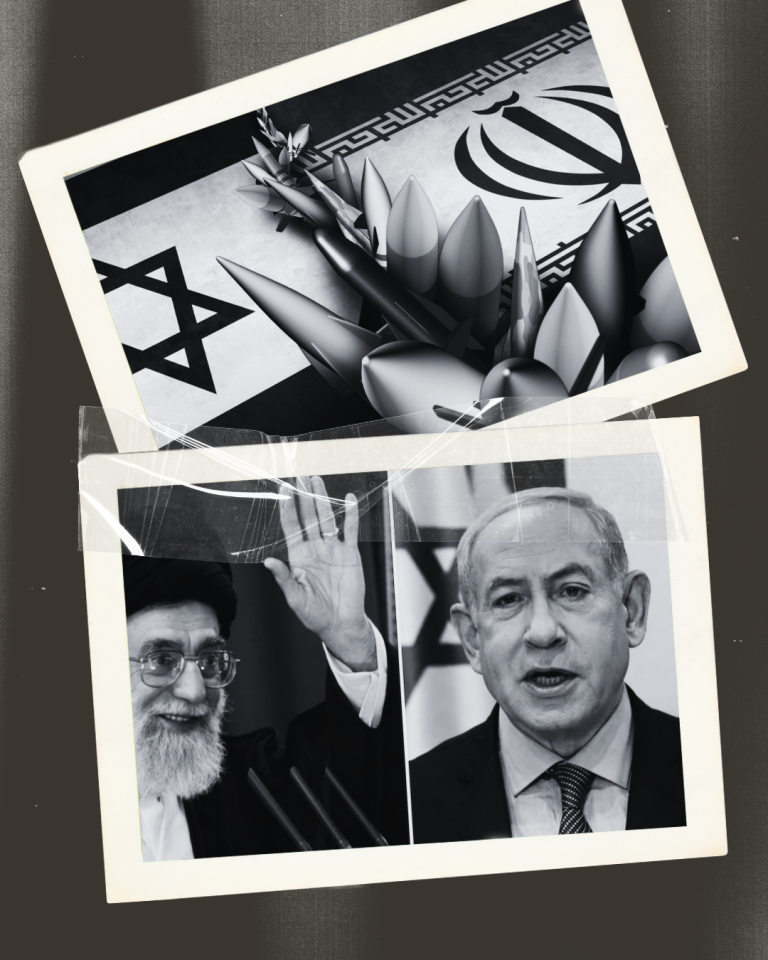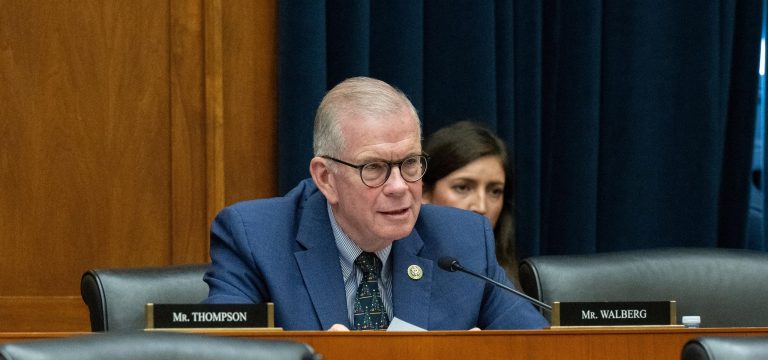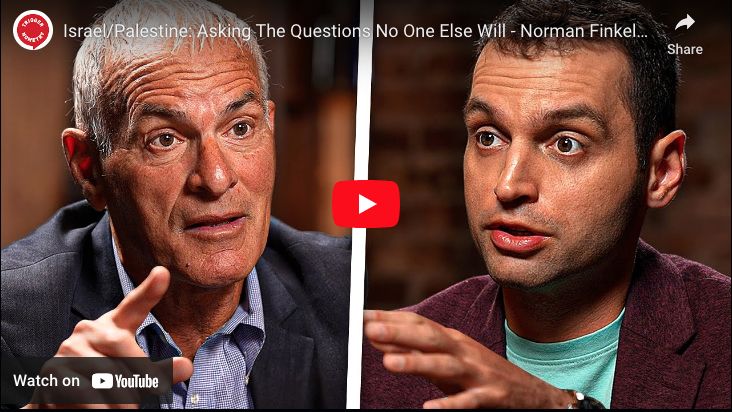How Protests and Politics Are Manipulated in Election Year!
Current Political Climate
As we entered this election year, I predicted a surge in protests and a rise in Islamophobia and anti-Semitism. This was somewhat predictable given the socio-political atmosphere and the ongoing crisis in Gaza. Over the last ten days, there has been a noticeable increase in media reports about campus protests that have now spread across the country.
Media Portrayal and Social Media Dynamics
The media often insinuates that these protests are violent and anti-Semitic. Simultaneously, a wave of social media activity seems designed to antagonize those with Islamophobic tendencies and others who opposed Black Lives Matter and other organized protests in recent years.
Did you know that you do not have to be Jewish to be Zionist? In fact there are more Christian Zionist in America than there are Jewish. Zionism is an Ani-Semitic political ideology melded into a cult.
Understanding the Surge in Protest Coverage
Despite ongoing protests over the last seven months, coverage was minimal until recently. Why the sudden surge? Campaign and public relations groups have been strategizing, and with summer approaching, there are more opportunities to recruit and organize protests. The longer daylight hours allow for prolonged demonstrations, including overnight campouts.
The Risks of Modern Protests
While protests can be impactful, they also carry significant risks:
- Astroturfing: Protests may appear grassroots but often start with paid actors to draw larger crowds and media attention.
- Provocateurs: Paid opportunists can infiltrate protests to cause chaos and shift public perception.
- Local Authorities: Under various influences, local law enforcement may suppress protests and alter narratives.
- Public Awareness: Distractions from key voting issues like the economy and immigration policies are often used to manipulate public opinion.
The Power of Boycotting
An alternative to protesting is boycotting, which has proven effective on some campuses. Campaigns for universities to divest and boycott have garnered success and can be a safer, effective form of activism. By making informed consumer choices, individuals can participate in these boycotts without directly engaging in protests.
Engagement in Local Politics
To truly effect change, it’s crucial to engage with local politics. Know your local representatives, understand upcoming elections, and hold these individuals accountable. It’s important to focus not just on high-profile positions like the President but also on local officials like county judges and sheriffs.
Staying Safe and Informed
In these politically charged times, staying informed and cautious is paramount. Be aware of the duplicity in politics, particularly concerning issues like colonial settlements and funded genocides. Express yourself thoughtfully, as there are entities ready to twist your words to fit their narratives.







